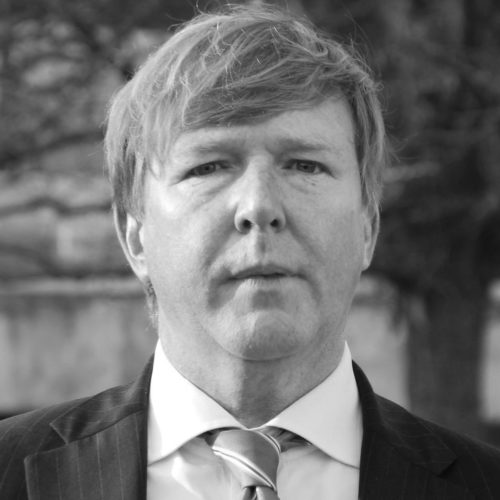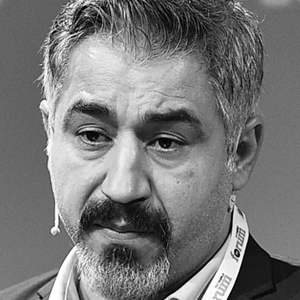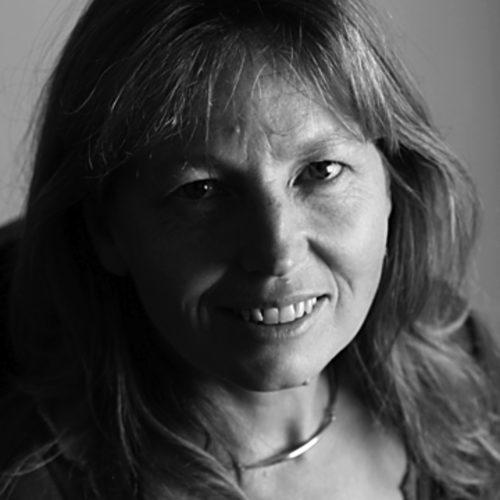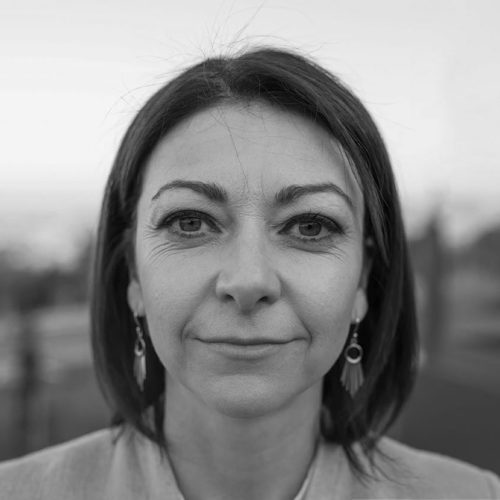In this session the panel discussed responsible reporting on humanitarian crises around the globe. The media depicts and produces narrative of global events going through one of the greatest changes in history. The intensity, magnitude and speed it’s delivered urges the panelists to question and re-think media’s ethical codes and the way it shapes public opinions as well as government policies. Session three analyzed the importance of editorial guidelines and what it means to be objective. The panelists questioned whether a reporter or journalist could ever, truly, remove themselves from the story.
Panelist’s recounted incidents where they often found themselves torn between their professional role as detached observers and their engagement as activists and the dangers associated with getting too involved. They asked the obvious question, that is, if a reporter was to take sides, did that negate objectivity, or did it imply partiality? Resul Serdar Atas stated that the attempt of journalists to be ‘objective’ could cause them to veer away from righteousness. He emphasized that media should make a clear difference between objectiveness and fairness by building new functional ethical codes in traditional journalism. Sarah Helm argued that journalists should hold fast to the Geneva Conventions and other forms of international humanitarian laws as guidelines when it comes to objectivity. Throughout her speech, she emphasized the importance of investigative journalism and that more investment should be placed on this. Nicole Johnston shared her personal experiences in the media and how her reporting from conflict zones affected the idea of “responsible journalism”. She explained how the lines between journalism and advocacy can get blurred or entirely erased when telling a story and questioned the constant dilemma of how to cover a conflict in a responsible way without damaging or impeding the dignity of the people that is reported on. According to Rodney Dixon, media images can help find peaceful solutions to ongoing conflicts by attracting global attention, giving concrete evidence and creating International Courts. Simon Marks observes how government policies can affect different broadcast organizations in competing for international news space.
Overall, the session discussed ‘responsible journalism’ and how the term objectivity needs to be rephrased in relation to reporting on war zones. Secondly, panelists discussed the role and impact of emerging new technology in giving a voice to the “voiceless”. With the advent of social media, ordinary people can now broadcast what is happening on their devices with the same clout and authority as seasoned reporters and journalists. But ‘do ordinary people know how to operate objectively and pose the right questions?’ Thirdly, panelists debated as to whether international news media organizations have become too reliant on NGOs to receive information from areas of conflict. Operating in this realm, speakers pushed forward the failure of credibility in the media due to manipulative journalism.




